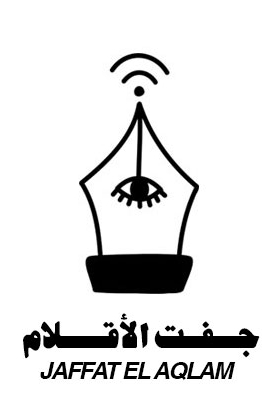My mother decided to name me Lulwa the Arabic word for pearl. According to her I was a fair baby, as fair as a pearl, but as I grew up I reclaimed the sandy tanned complexion most girls from Kuwait are known for. The name Lulwa isn’t different or unique; in fact it’s one of the most common and traditional names for girls where I come from. Pearls, pearl diving and the sea, are deeply embedded in the Kuwaiti identity, pearls carried a significance no other gem, precious stone or jewel had within the Kuwaiti culture, pearls represented beauty and wealth but also a rarity and a scarcity that conveyed the trying and highly dangerous journeys pearl divers took in search of the white, round, smooth lustrous wonders safely shut between layers of the soft tissue of oysters.
In his rare attempts to spend time with us, my father would buy large sacks of oysters from the fish market its stench would fill the car and my mother would not let us bring it inside the house, so we sat outside in the smoldering heat which was almost all year round, with nothing but plastic bags underneath us on the tiled driveway in front of the house, there were never enough oyster knives for all of us, so we either had to take turns or use dulled blunt butter knives to shuck the oysters open with, we went through numerous whole sacs without finding any pearls, the only one my father ever found was so tiny, not substantial enough to turn into a pearl ring or a pendant. The horrendous stench of that clammy gooey stuff almost blinding, our disappointment almost bringing us to tears, with our hands covered with oyster slime all the way up to our elbows, the stink lingered on our skin for days no matter how many times we washed or bathed, constantly reminding us of our failed efforts to find treasure.
Nevertheless, my fascination with the miracle of pearls never withered, whenever I lay in my bed unable to sleep I imagined and marveled at the mystery; how a foreign substance sometimes as tiny as a grain of sand enters the shell of an oyster and irritates the mantle which produces nacre, the oyster's natural reaction to the intruder is to cover it up in order to protect itself, it wraps the irritant with layers of nacre, eventually forming a pearl. It was all by chance, all a coincidence, a mistake, a pearl should not happen, it’s not a common expression of nature that a pearl forms, it happens when a mistake occurs, an intruder violates the sacred realm of a living thing and the living thing reacts by instinct aggressively attacking that intruder with the only weapon it has; the nacre which then transforms a pathetic worthless grain of sand into the most precious, most sought after jewel. This bewildered and fascinated me, it also saddened me, natural wild pearls did not retain their majesty, once the Japanese discovered cultured pearls and began to farm them, natural pearls were no longer sought after, they would always be more expensive than cultured pearls - of course - but the very circumstance that made pearls rare, scarce, and a mystery only nature could perform, a one in a thousand chance, no longer existed.
And so I was to be Lulwa, a not so rare pearl, as I grew up I saw this to be true, throughout my school years there were always at least two or three other Lulwa’s in my class, none of us felt particularly special, it was just a name.
------
TEXT: FATIMA ALMATAR
ART: SARAH FARHOUD
